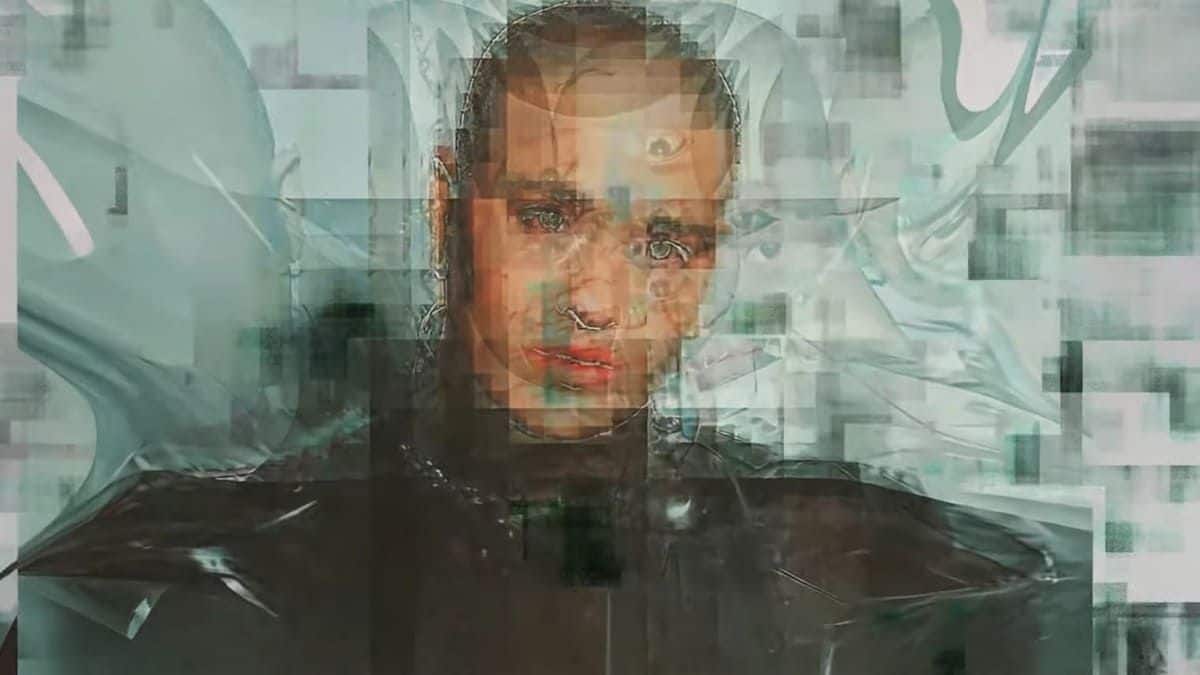In a groundbreaking fusion of quantum computing and artificial intelligence, the music industry has witnessed a remarkable milestone. British electronic artist ILĀ has released “Recurse,” the first-ever song created using AI running on quantum computing technology. This innovative approach represents a significant departure from conventional AI music generation methods and opens new possibilities for creative collaboration between humans and machines.
Quantum computing meets musical creativity
The collaboration between British startup Moth and electronic artist ILĀ has produced something truly revolutionary in the music world. Unlike traditional generative AI systems that rely on massive datasets scraped from the internet, this quantum-powered approach uses only the artist’s original content as training material.
“I made a piece of music the way I normally would, and Moth used these sequences to train the generative system,” explains ILĀ about the creative process. This methodology addresses one of the most significant criticisms of AI-generated art—the ethical concerns around “stealing” other artists’ work to create new pieces.
The track “Recurse” was created using Moth’s proprietary software platform called Archaeo, which ran on quantum computing hardware provided by IQM. This unique technological partnership demonstrates how quantum computing can transform creative industries beyond its typically discussed applications in cryptography or scientific modeling.
Listeners can experience this quantum-generated music on popular platforms including YouTube and Spotify, where both the standard track and an infinite version are available.
In 2019, Iceland Approved the 4-Day Workweek: Nearly 6 Years Later, All Forecasts by Generation Z Have Come True
At 94, He’s One of Apple’s Biggest Shareholders, and Doctors Can’t Explain How He’s Still Alive-Coca-Cola and McDonald’s Are Part of His Daily Routine
How artificial intelligence and quantum technology created “Recurse”
The process behind creating “Recurse” differs significantly from conventional AI music generation. Rather than attempting to create music from scratch, the system functions more like an intelligent collaborator, remixing and extending sequences created by the human artist.
The technology employs several innovative approaches:
- Custom training exclusively on ILĀ’s original compositions
- Quantum computing processes to analyze and generate musical patterns
- Real-time music generation capabilities for the infinite mix version
- A specialized “quantum blur” visual effect for the accompanying video
For Moth, this release represents a pivotal moment in the evolution of creative technology, showcasing how quantum computing can be harnessed for artistic expression rather than just scientific applications.
Beyond traditional music: exploring infinite generation
Perhaps the most fascinating aspect of this project is the release of two distinct versions of the song. While “Recurse” exists as a conventional track lasting approximately five minutes, “Recurse [Infinite Mix]” demonstrates something far more ambitious—continuous, real-time music generation that never repeats exactly.
| Version | Duration | Generation Method |
|---|---|---|
| Recurse | ~5 minutes | AI-assisted composition with quantum computing |
| Recurse [Infinite Mix] | Endless | Real-time continuous generation with quantum computing |
This infinite version represents a fascinating exploration of how music might evolve beyond traditional track formats in the future. The continuous generation creates a musical experience that remains familiar yet constantly evolving, challenging our conventional understanding of recorded music.
It races through the universe at 300,000 km/s - and never runs out of energy
Beneath your feet: an ancient forgotten continent resurfaces in Europe
The future landscape of quantum-powered creativity
This pioneering project raises intriguing questions about the future relationship between artists and technology. Rather than replacing human creativity, this approach suggests a model where quantum computing and AI serve as sophisticated tools that expand artistic possibilities.
For musicians concerned about AI’s impact on their industry, ILĀ’s work with Moth offers a potential path forward—one where technology amplifies rather than appropriates human creativity. By training exclusively on the artist’s own material, this system respects creative boundaries while still delivering innovative results.
As quantum computing technology becomes more accessible, we may witness a new generation of artists exploring similar collaborative approaches. The success of “Recurse” demonstrates that quantum computing has applications far beyond the scientific and mathematical domains where it’s typically discussed.
This breakthrough represents just the beginning of what might be possible when cutting-edge technology meets artistic vision in thoughtful, ethical ways.







